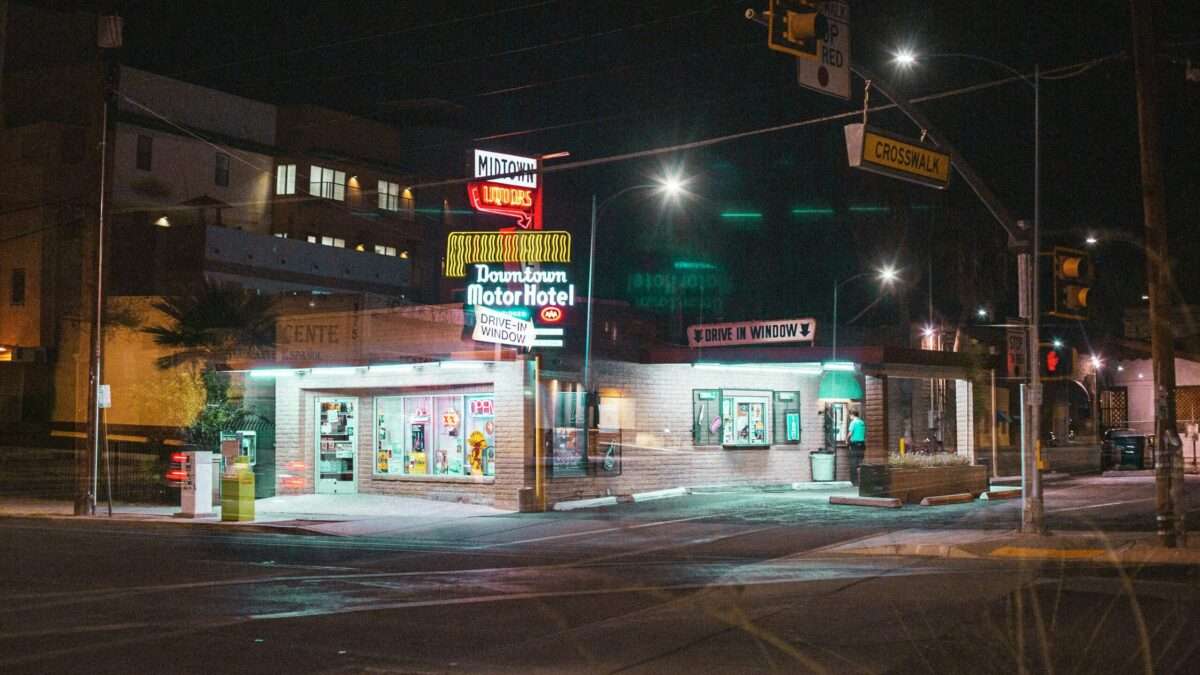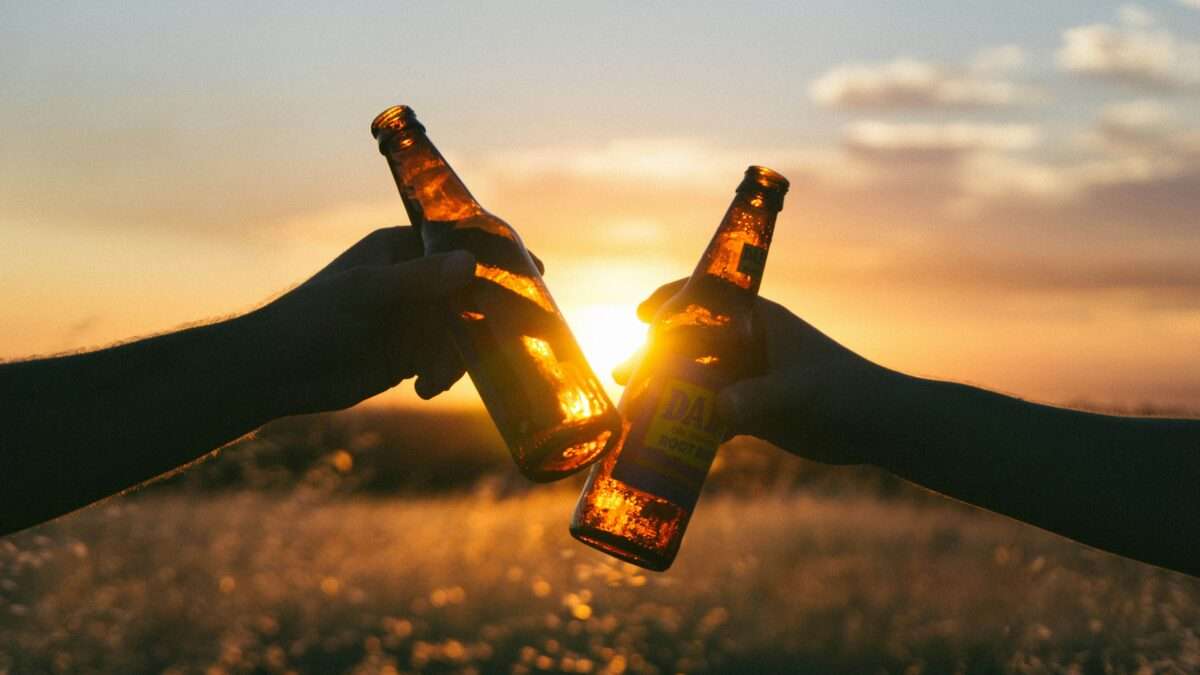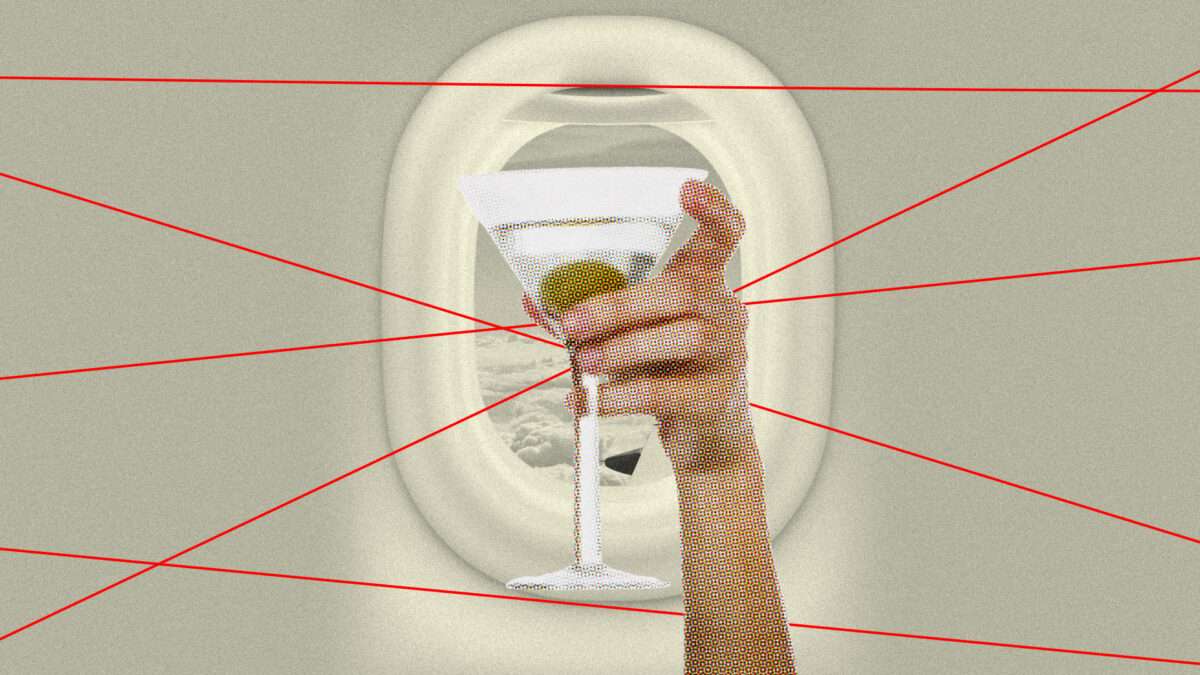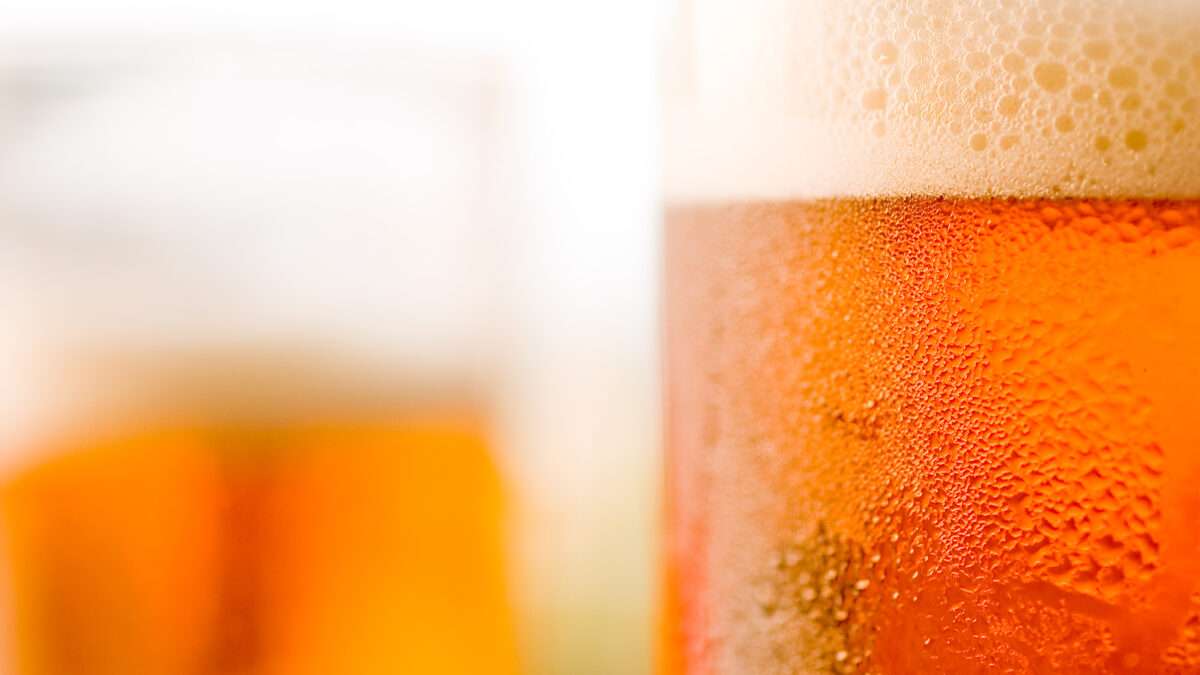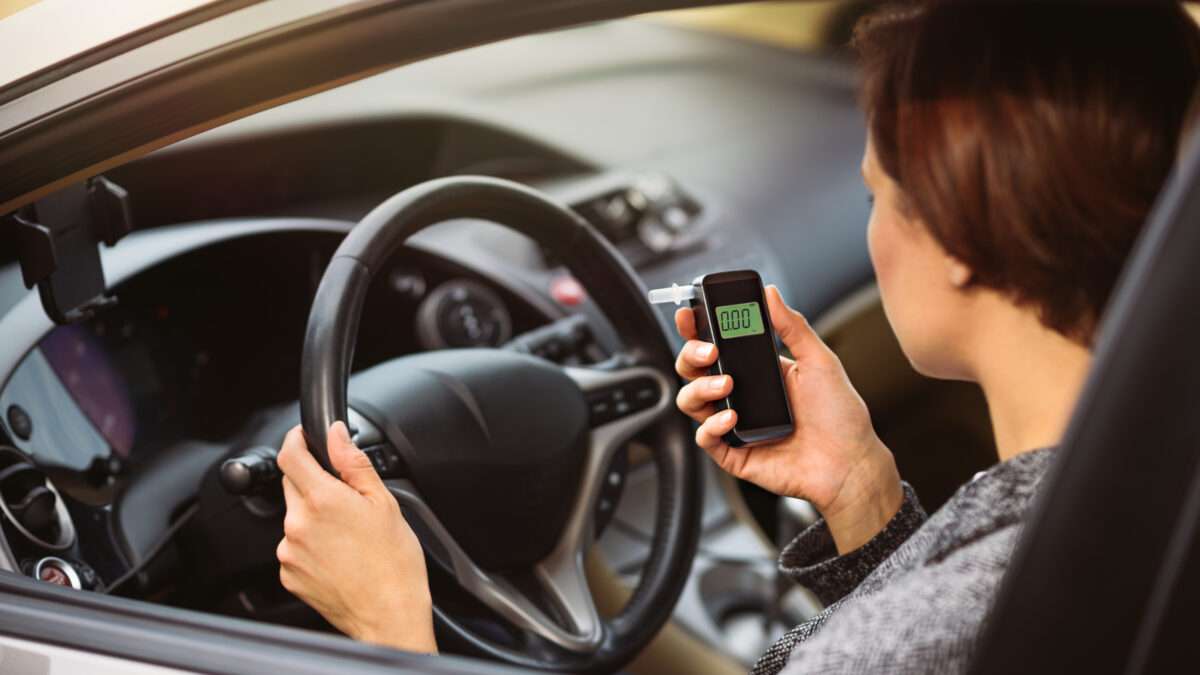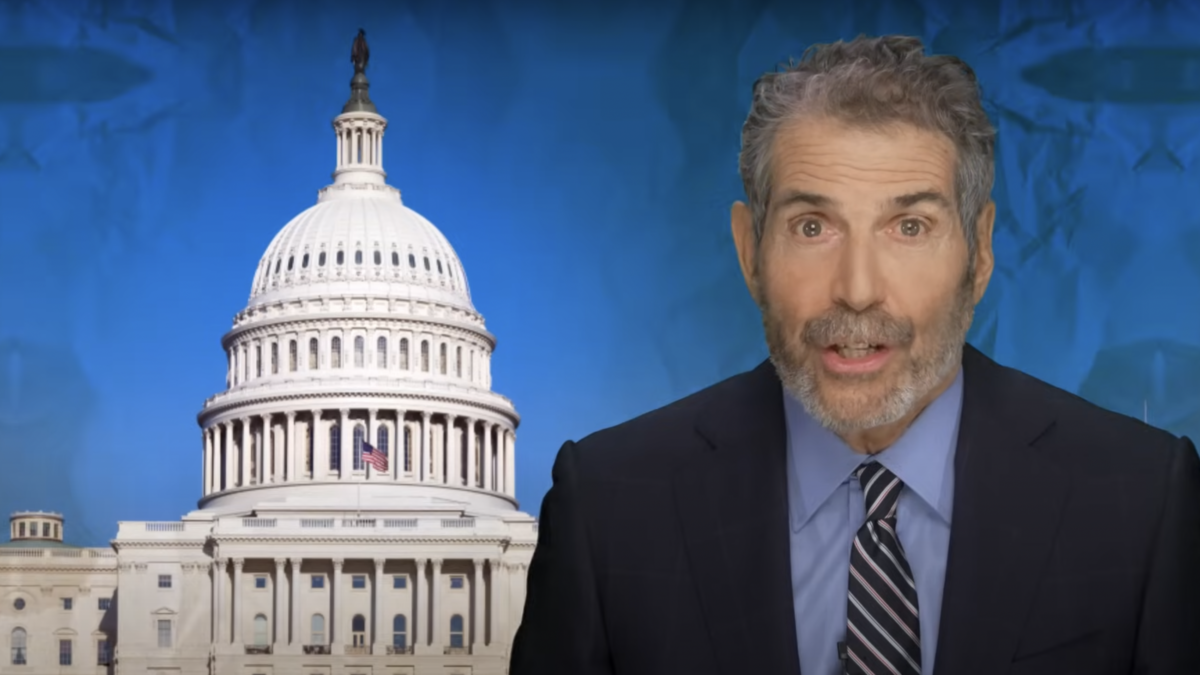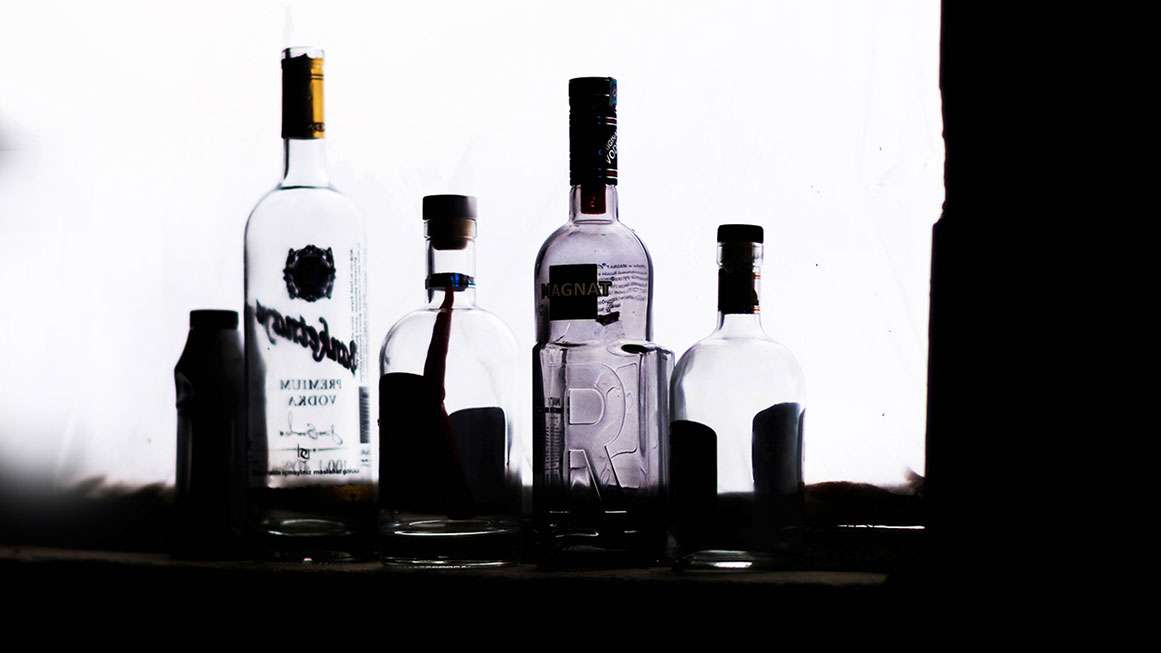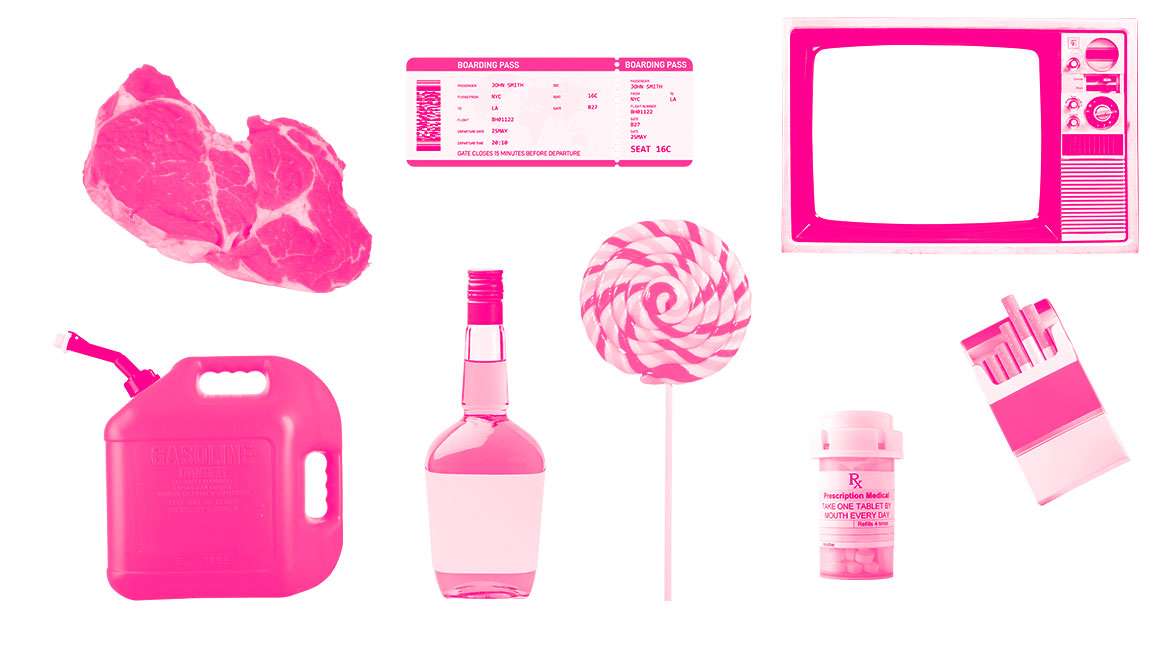Grocery Store Booze Doesn't Hurt Mom-and-Pop Stores

Lost amid the drive to expand alcohol delivery in the wake of COVID-19 has been the corresponding push—actually starting even before the pandemic—to allow more types of stores to sell alcohol. While more and more states have allowed grocery stores to sell booze in recent years, these efforts have been fiercely resisted by independent liquor store owners who claim that their small businesses will be forced to shutter if large chain retailers are suddenly able to sell alcohol.
Up until now, these debates have largely been devoid of actual data, but new empirical research has been published showing that grocery store alcohol sales don't really impact mom-and-pop liquor stores after all. At long last, this is one protectionist argument that can finally kick the bucket—if only policy makers will let it die.
Currently, 11 states still forbid wine from being sold in grocery stores while four still prohibit beer. In recent years, states as politically diverse as Mississippi, Connecticut, and Maryland have considered bills to expand wine and/or beer to their grocery store outlets, only to be met with a tidal wave of opposition. Any place where such reform legislation appears, it is immediately opposed by liquor stores in the state—sometimes called "package stores"—which already sell wine and beer and want to prevent any grocery store from becoming their new competitors in the market.
The impact of this protectionism extends far beyond the alcohol market, as well. It is why less populated states that restrict grocery store booze, such as Mississippi, have only one Costco and one Whole Foods in the entire state—and zero Trader Joe's outlets. These stores often depend on their alcohol selections, including their private-label alcohol offerings, to make their business models viable in more locales. Restricting grocery store booze can actually lock entire food stores out of a state.
This setup works just fine for liquor store owners. As one store owner claimed when discussing a Mississippi reform bill: "out of state retail corporations harvest money that could be recirculating in our local economies….Big out-of-state grocery and box retailers have had years of practice of profiting off the destruction of public health in other states." He went on to note that alcohol markets are "unable to regulate themselves without being destructive to public health and safety" and that if alcohol consumption increased, it would put "undue burden" on taxpayers, public safety officials, and the health care industry. One would be hard-pressed to find a business owner who so loathes the very product he sells, but these arguments are sadly par for the cronyist course when it comes to blocking grocery store booze sales.
While it is unclear how one might go about "harvesting" money, it is clear what this package store owner is really concerned about: protecting his bottom line. Unfortunately, package and liquor store lobbying associations are extremely influential in many states, which leads to reform efforts silently dying in committee year after year.
That's why states like Oklahoma and Colorado have opted for ballot initiatives to expand grocery store alcohol sales, as consumers overwhelmingly are in favor of it. But even successful ballot initiatives have not ended the debate, as a group of Colorado legislators introduced a bill in this year's legislative session to overturn the state's wine-in-grocery-stores ballot initiative (which only went into effect in 2023).
The main argument in favor of this repeal bill? "I don't want to see the independent liquor stores put out of business. They are owned by diverse entrepreneurs—50 percent are women- and minority-owned businesses—and provide jobs," said Colorado state Rep. Judy Amabile, a Boulder area Democrat who cosponsored the legislation.
In other words, Justice Antonin Scalia's famous quip about the notorious Lemon test in Supreme Court jurisprudence—analogizing it to "some ghoul in a late night horror movie that repeatedly sits up in its grave and shuffles abroad, after being repeatedly killed and buried"—could just as readily apply to antigrocery alcohol claims.
After years of scaremongering and anecdotal supposition about whether grocery stores will or will not kill off mom-and-pop booze stores, facts have finally been injected into the debate by FMI, a food industry group. A new FMI paper by Vincenzina Caputo of Michigan State University studies the impact of Tennessee's 2016 reform that allowed wine to be sold in grocery stores in the Volunteer State. The paper compared the number of liquor licenses in post-2016 Tennessee with a hypothetical "synthetic version" of Tennessee in which the reforms were never passed. (This was done via a weighted average of control states that did not pass wine-in-grocery-store legislation.)
The report—a copy of which I obtained from FMI—shows just 62 fewer liquor stores selling wine in postreform Tennessee compared to the nonreform synthetic version of Tennessee—a result which was found to be not statistically significant. Overall, the quantity of liquor stores selling wine in Tennessee increased from 505 stores in 2004 to 733 in 2022, and liquor stores still held the greatest number of wine-selling licenses in the state in the postreform years.
Further, the Tennessee wine-in-grocery-store reform accounted for a 23 percent increase in wine sales tax volume for the state—undermining the idea that chain stores "harvest" away money from local economies and the tax base.
These results show that our favorite mom-and-pop shops can do just fine in the wake of grocery stores being allowed to sell alcohol. In fact, many of these smaller stores have found a niche specializing in craft beer or hard-to-find wines and liquor that grocery stores have little interest in carrying, a point that both independent store owners and economists have made.
This new research provides a much-overdue corrective to the protectionist claims that small liquor stores have been peddling for years. Now lawmakers just need to listen.
The post Grocery Store Booze Doesn't Hurt Mom-and-Pop Stores appeared first on Reason.com.


